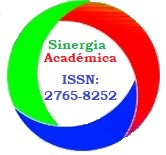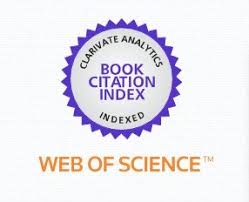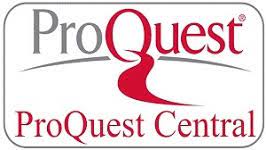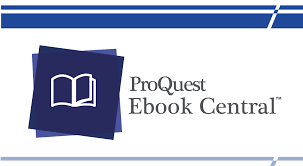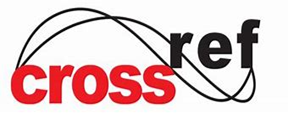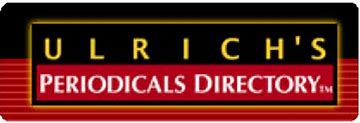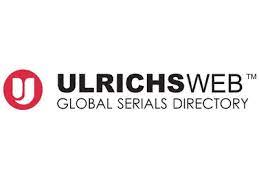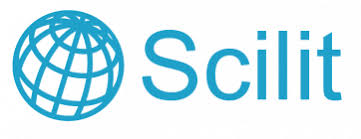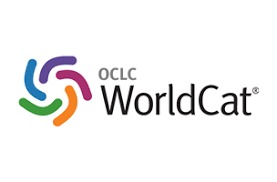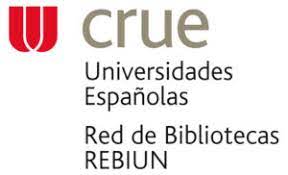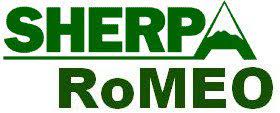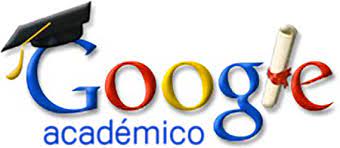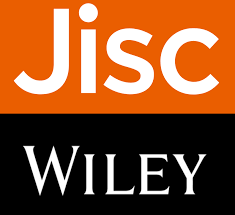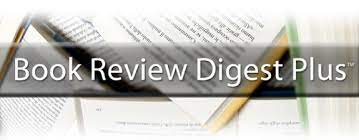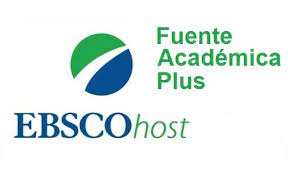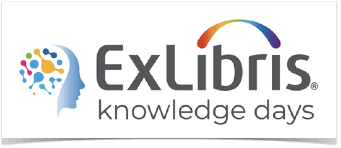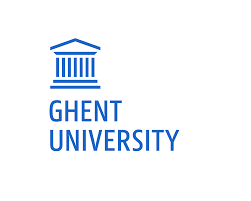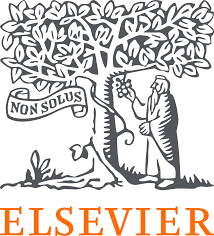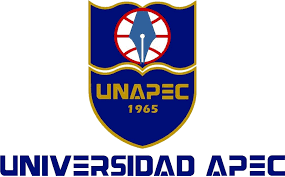Ethics and publication malpractice statement
(Based on recommendations from Elsevier and COPE Magazine Editors' Good Practice Guidelines)
Editorial Tecnocientífica Americana publisher follows the standard of Ethics and Negligence of publication established by the Committee on Publication Ethics (COPE) at the second World Conference on Integrity in Research, held in Singapore in 2010. It is therefore committed to ensuring ethics in publication and the quality of its books.
In accordance with the standards of ethical behavior expected from all parties involved: authors, reviewers and editors; the roles of each are determined.
1.1. Functions of the editors and the Editorial Board
1.1.1. The editors:
Publication Decisions
They are responsible for deciding which of the books submitted to the publisher should be published. The decision must be guided by the policies of the publisher's Editorial Board, and be based exclusively on academic merit and the opinion of the contributors.
They should adhere to contemporary standards regarding defamation, copyright infringement, and plagiarism. They have the right to make decisions in consultation with contributors or members of the editorial board.
They should not use published information in their own research without the express written consent of the author. They should take appropriate action when ethical complaints are made regarding a submitted manuscript or published document.
Transparency
Editors must evaluate manuscripts for their intellectual content, without distinction as to race, gender, sexual orientation, religious belief, ethnicity, nationality, or the political philosophy of the authors.
Confidentiality
Editors and editorial staff should not disclose information about a submitted manuscript to anyone other than the corresponding author, contributors, potential contributors, other editorial advisors, and editors, if applicable.
Disclosure and Conflicts of Interest
Editors' research should not use unpublished materials disclosed in a manuscript without the express written consent of the author and should not use information or ideas obtained from peer review for personal gain. Editors and reviewers should ask to be excused from reviewing manuscripts in which they have conflicts of interest resulting from competitive, collaborative, or similar relationships or connections with authors, companies, or (possibly) institutions connected to other publications; and to ask a co-editor, associate editor, or member of the editorial board for such review.
Participation and cooperation in research
Editorial Tecnocientífica Americana publisher will respond to all reports or suspicions of misconduct raised by readers, reviewers and editors. Cases of possible plagiarism or duplication/redundant publication will be evaluated by the publisher. In other cases, the publisherl may request an investigation from the institution or other bodies to which the author belongs.
1.1.2. Peer Reviewers' duties
Contribution to editorial decisions
Peer review helps the editor in making editorial decisions; it also refines the author's work, which is enriched by the suggested criteria and indications given.
Punctuality
When an arbitrator does not feel qualified to review a manuscript or knows that it will be impossible for him/her to do so, he/she should notify the editor.
Confidentiality
All manuscripts received for review will be treated as confidential documents. They will not be presented or discussed with other subjects, except those authorized by the editors.
Standards of objectivity
Comments must be made in an objective and accurate manner. Personal criticism of the author is inappropriate and should not be based on individual judgment and emotional value. Therefore, referees should express their views clearly and with sufficient scientific argument.
Source Recognition
Reviewers should identify published works of a relevant nature that have not been cited by the authors. Any observations made in this regard should be accompanied by the corresponding citation. They should also draw the attention of the editors when there is substantial similarity or overlap in the manuscript with another published document.
Disclosure and conflict of interest
Inside information or ideas obtained from the peer review must be confidential and will not be used for personal gain. Reviewers should not undertake the review of those manuscripts with which they have conflicts of interest resulting from competitive, collaborative, or other relationships or connections with any of the authors, companies, or institutions.
Appropriate conduct
The editors will ensure proper conduct of the reviewers and will pursue any allegations of confidentiality breaches, as well as failure to declare conflicts of interest and delay of peer review to gain competitive advantage. Allegations to a reviewer of serious misconduct, such as plagiarism, will be taken to the institutional level.
1.1.3 Duties of the authors
Standards
An investigation should contain enough details and references to allow others to replicate it. Therefore, the underlying data must be accurately represented in the manuscript. Fraudulent or knowingly inaccurate statements constitute unethical behavior and are unacceptable.
Neither the editors nor the Editorial Board are responsible for the opinions expressed by the authors and the content of the manuscripts published in the publisher. Originality, correctness of manuscripts and errors are the sole responsibility of the authors.
All manuscripts submitted for review and publication in Editorial Tecnocientífica Americana publisher will be evaluated by the double-blind method. The decisions of the reviewers are the only tool for publication in the publisher and will be unappealable.
Originality and plagiarism
Authors must meet the publication requirements:
- The manuscript presented is totally original.
- It is not plagiarized.
- It has not been published by another publisher.
- If the authors have used research and/or ideas from others, they must be properly quoted.
- Multiple, redundant or concurrent publication
An author should not, in general, publish manuscripts that describe essentially the same research in more than one publisher or primary publication. This constitutes unethical behavior and publication is unacceptable.
Source Recognition
Authors should adequately acknowledge the research of others and cite publications that have been influential in determining the nature of the reported work.
Authorship of a manuscript
Authorship should be limited to those who have made a significant contribution to the conception, design, execution or interpretation of the study presented, who should appear as co-authors. Those who have only participated in certain substantive aspects of the research project should be named in an Acknowledgement section.
The corresponding author should ensure that all co-authors are appropriate (as defined above) and that they have reviewed and approved the final version of the document and agreed to its publication.
Dangers
The author should clearly identify in the manuscript if the work involves chemicals, procedures, or equipment that have any unusual hazards inherent in their use.
Disclosure and Conflicts of Interest
Authors should disclose in their manuscript any substantive financial or other conflicts of interest that could be interpreted as influencing the results or interpretation of the manuscript. Also, all sources of financial support for the project must be disclosed.
Fundamental errors in published works
The author is obliged to immediately notify the publisher editor or publisher of any significant errors or inaccuracies he or she discovers in his or her own work and to cooperate with the editors in correcting them.
Disclaimer
Authors have the right to waive the publication process of the book once it has been evaluated by the reviewers under the ruling:
- Reviews are required (approved for publication when minor corrections have been made).
- Resubmit for review (conditional on mandatory changes and re-evaluation).
- Send forward to another publisher (when not responding to the profile of the publisher).
- Reject submission.
It may also occur when the peer review process takes more than 3 months and no conclusion has been reached, in which case the authors will be notified and may withdraw the book.
1.1.4. Anti-Plagiarism Policy
Editorial Tecnocientífica Americana publisher maintains an anti-plagiarism policy that ensures that all published works are unpublished, through professional applications, allowing to guarantee the originality of all manuscripts. This anti-plagiarism policy ensures standards of originality in this publisher with a great international impact, to support the new and impressive scientific production. Authors and reviewers also have a set of specific tools in the detection of plagiarism: Grammarly, Plagium, Copionic, WriteCheck, PaperRater, Plagarisma.net, Viper, Plagarism, etc, free access or licensed platforms that monitor originality and control plagiarism.
Editorial Tecnocientífica Americana publisher's editors have the right to check that the work submitted is original from the author. They respect intellectual property in a way that ensures that it has not been plagiarized and that the copyright is not infringed on either the images or the text.
Authors are asked to declare that the work submitted is the original and that they hold the moral rights to it. To support the review work of the evaluators in case of possible plagiarism, the platform Plagarism will be used and all works submitted will be checked by evaluating the report obtained through it.
If the publisher's editors have firm evidence of plagiarism, they will contact the authors of the work to clarify the circumstances.






